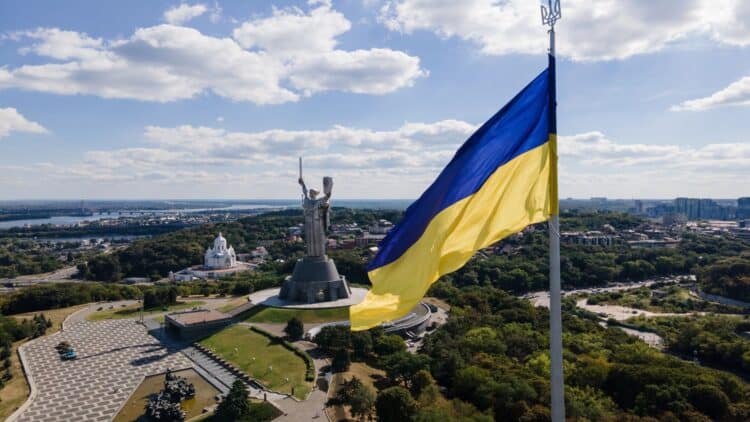The European Union is at a critical financial juncture that may well decide whether Ukraine is able to survive this coming period. A revolutionary proposal for using frozen Russian assets to the tune of €185 billion has appeared as Europe’s most ambitious effort to keep Ukrainians going yet. Yet this intricate proposal faces unexpected challenges from member countries, and what is even more remarkable is that a solution from Norway may hold the key to unlocking this entire process.
Belgium’s concerns threaten a massive Ukraine funding breakthrough
The most preferred option by the EU is the “Reparations Loan,” which proposes using frozen Russian assets as a cover to issue bonds, from which money is channeled to Ukraine. Here, Ukraine is only obligated to repay after it acquires war compensation from Russia, making it a grant in this period. The Euroclear business, which hosts most of the frozen Russian assets, is in Belgium but faces possible legal repercussions if Russia wins an international court case in challenging this process.
Belgian representatives require strong assurance from other EU capitals, as they fear they themselves might be forced to repay more than €100 billion in just three days in case of a Russian legal suit victory. The nation also requires tougher legal grounds to safeguard Euroclear, besides expecting other EU countries to bear equal accountability for storing Russia’s assets in their custody.
Norway’s Sovereign Wealth Fund makes an appearance as a possible guarantor
A group of Norwegian economists has suggested that Norway could utilize its huge sovereign wealth fund in order to secure the €140 billion reparations loan by leveraging Norway’s world-class credit rating. According to Iver B. Neumann, an expert at Oslo’s Fridtjof Nansen Institute, this is “a fantastic idea, which would give Norway a much better position in the EU.” The idea carries even more moral weight in consideration of Norway’s huge profits from gas exports after Russia’s market pullout.
Norway’s Finance Minister, Jens Stoltenberg, is to visit Brussels this week to discuss what kind of support Norway could offer, although it is firmly denied in Brussels that Norway is close to securing direct guarantees of support for Greece in this manner. A high EU official has, however, specially commented that Brussels would “certainly welcome an initiative from Norway to act as guarantor” for Greece, which reflects strong support at an institutional level for Norway’s involvement in this area.
“Norway has benefited greatly from this war in Ukraine,” he continued. “Because Russia removed itself from the European gas market, Norway received a huge market, which, quite frankly, is a result of this conflict.”- Iver B. Neumann, Fridtjof
December summit deadline approaches amid legal complexities
EU leaders will gather in mid-December to finalize decisions on the reparations loan mechanism, as a set of proposals from the European Commission is likely to incorporate Belgian demands. Other possible solutions include what is known as the “Debt-Claim Model,” in which Ukraine is able to transfer claims of war reparations to the EU to demand them from frozen assets. Time is of the essence, as Ukraine’s government is set to run out of money in the second quarter of the upcoming year.
A glance at this impasse makes clear that this is where legal compliance, political solidarity, and political necessity clash in Europe’s response to any crises that may arise in Europe itself, in Europe’s wider neighbourhood, or in distant lands far away from Europe’s shores. Without an initial breakthrough, Europe’s finances may have to turn to increasingly needed but expensive loans, which in turn burden national finances to repay, together with interest due from Europe’s financial outgoings, as met by national legislation in Europe’s member countries.


